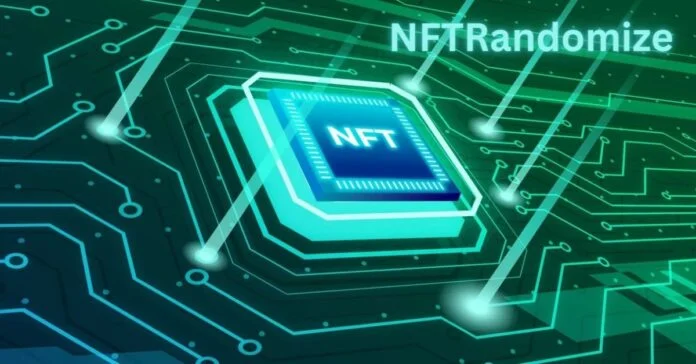In the world of digital art and collectibles, NFTs (Non-Fungible Tokens) have revolutionized the way we create, buy, and sell unique digital assets. One exciting development in the NFT space is the concept of NFT randomization, which allows creators to generate unique digital assets with randomized attributes. In this article, we’ll delve into the world of NFT randomization, exploring its possibilities, benefits, and potential applications.
What is NFT Randomization?
NFT randomization is a process that uses algorithms to generate unique digital assets with randomized attributes, such as images, videos, or 3D models. These attributes can include colors, shapes, textures, and other visual elements, which are combined in various ways to create distinctive digital assets. Each asset is stored on a blockchain, ensuring its ownership and provenance.
How Does NFT Randomization Work?
The process of NFT randomization involves several steps:
-
Smart Contracts: Creators develop smart contracts that contain the rules and parameters for generating randomized NFTs.
-
Algorithmic Generation: Algorithms are used to generate unique digital assets based on the parameters set in the smart contract.
-
Randomization: The algorithm randomizes the attributes of the digital asset, creating a unique combination.
-
Blockchain Storage: The generated NFT is stored on a blockchain, ensuring its ownership and provenance.
Benefits of NFT Randomization
NFT randomization offers several benefits to creators and collectors:
-
Uniqueness: Each NFT is unique, with its own distinct attributes.
-
Rarity: The randomized nature of NFTs creates a sense of rarity, making certain assets more valuable than others.
-
Increased Creativity: NFT randomization allows creators to explore new ideas and generate unique digital assets.
-
Decentralized Ownership: NFTs are stored on a blockchain, ensuring decentralized ownership and provenance.
Applications of NFT Randomization
NFT randomization has various applications across industries:
-
Digital Art: Randomized NFTs can create unique digital art pieces, each with its own distinct characteristics.
-
Collectibles: NFT randomization can generate rare digital collectibles, such as limited-edition sports cards or unique in-game items.
-
Gaming: Randomized NFTs can be used to create unique in-game items, such as weapons or characters.
-
Fashion: NFT randomization can generate unique digital fashion items, such as clothing or accessories.
Conclusion
NFT randomization is a powerful tool that unlocks new possibilities in the world of digital art and collectibles. By generating unique digital assets with randomized attributes, creators can explore new ideas, increase creativity, and create rare digital assets. As the NFT space continues to evolve, we can expect to see new and innovative applications of NFT randomization. Whether you’re a creator, collector, or enthusiast, NFT randomization is an exciting development worth exploring.

